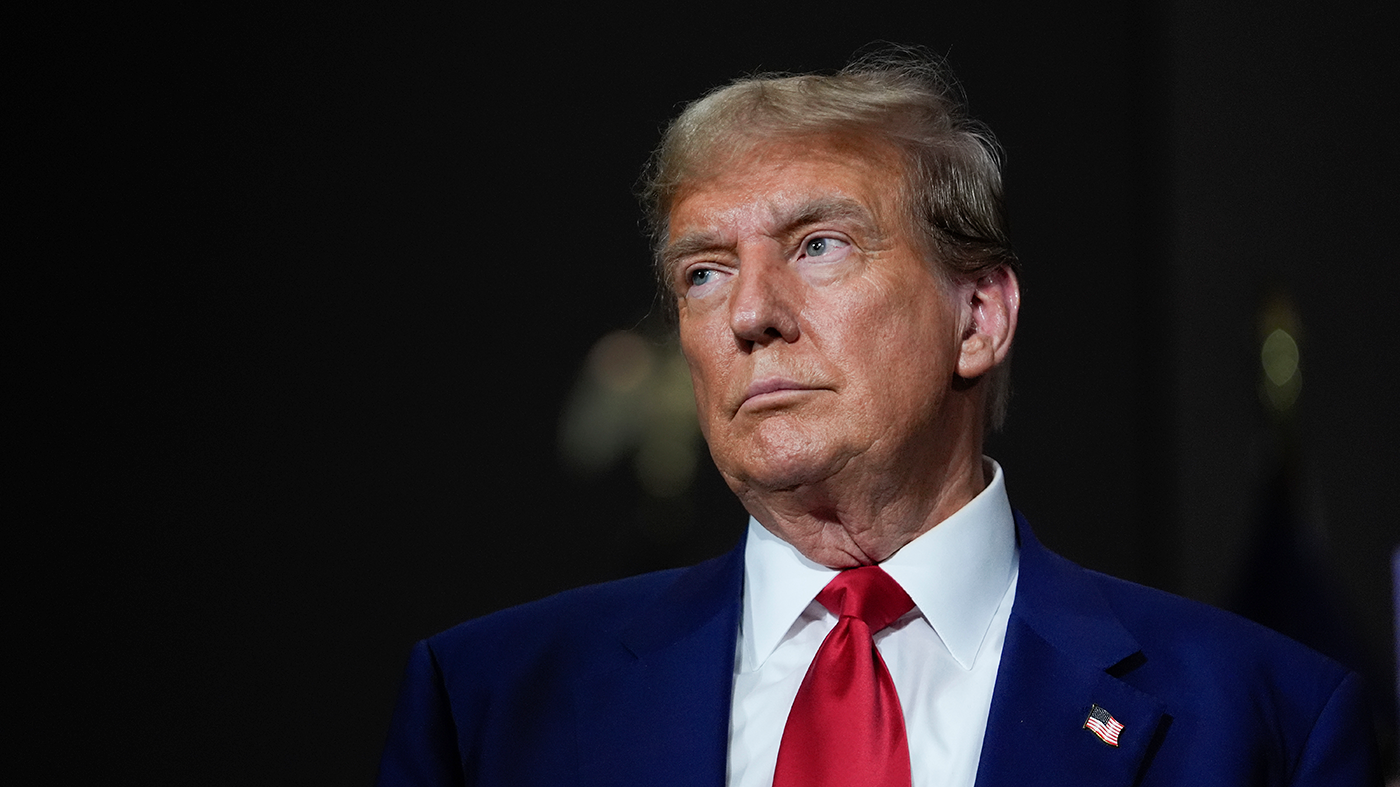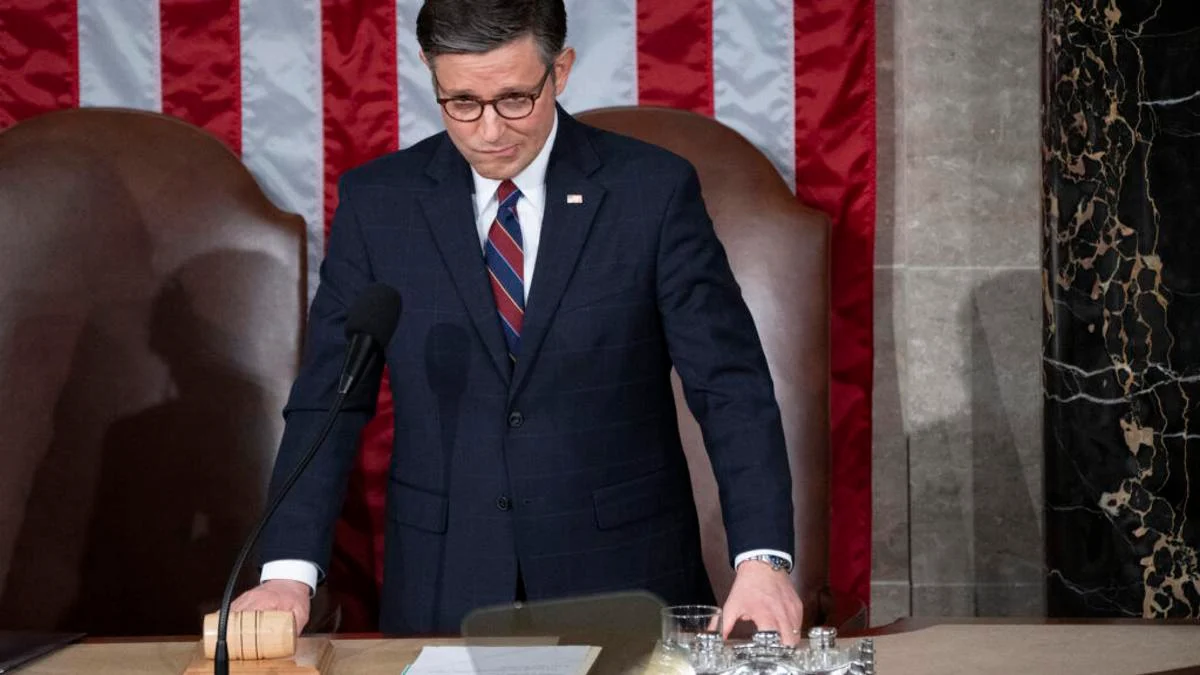Once more, the presumptive Republican candidate for president has showcased his trademark blend of self-absorption and policy confusion, contributing to the collapse of congressional efforts to renew a crucial safeguard against foreign threats and terrorist activities.
Donald Trump, using his platform on Truth Social, vehemently opposed a bipartisan agreement aimed at extending the nation’s authority to conduct surveillance on hostile foreign entities beyond its borders. Trump’s rallying cry of “KILL FISA,” echoing his previous grievances about being targeted by surveillance, demonstrates a failure to grasp the nuanced distinctions within the Foreign Intelligence Surveillance Act (FISA) and its various provisions.
Contrary to Trump’s assertions, the focal point of contention isn’t the section of FISA misused during the Obama administration to target his campaign. Instead, the debate centers on Section 702, which grants intelligence agencies the ability to surveil non-American individuals believed to be operating outside U.S. borders.
This form of surveillance is essential in countering the activities of foreign adversaries like China and Russia. However, the need for statutory authorization for such actions, particularly when targeting non-Americans beyond U.S. jurisdiction, remains a point of debate, albeit a necessary one.

Congress periodically revisits Section 702 to renew its authorization, subjecting it to rigorous oversight and scrutiny. The bulk of these surveillance programs, conducted primarily by agencies like the NSA and CIA, are focused on foreign intelligence operations.
Despite concerns raised by Trump and various critics from different ideological backgrounds, allegations against Section 702 lack substantial merit. The statute explicitly prohibits the targeting of Americans for surveillance, emphasizing a commitment to protecting Fourth Amendment rights.
While incidental interception of American communications during foreign surveillance is inevitable, safeguards exist to minimize unwarranted intrusions and ensure compliance with legal standards. Opponents of Section 702 advocate for stricter warrant requirements, citing constitutional concerns.
However, the existing legal framework already mandates court approval when the search pertains to criminal investigations involving Americans, striking a balance between security imperatives and civil liberties.

Efforts to undermine or nullify Section 702 jeopardize national security interests, particularly in an increasingly volatile global landscape marked by geopolitical tensions and ongoing terrorist threats. Trump’s singular focus on border security, while important, overlooks the broader spectrum of challenges facing the nation. A nuanced approach is imperative, one that acknowledges the multifaceted nature of safeguarding American interests at home and abroad.
Addressing concerns about potential abuses within the system, reforms have been implemented to enhance oversight and accountability. The incorporation of these reforms into the renewal legislation reflects a commitment to upholding constitutional principles while ensuring effective counterterrorism measures.
Furthermore, stringent penalties are outlined for officials found guilty of abusing their surveillance powers, underscoring the importance of accountability in maintaining public trust.
The debate surrounding the reauthorization of Section 702 underscores the delicate balance between national security imperatives and civil liberties.
While acknowledging past abuses and the need for robust oversight, allowing essential surveillance powers to lapse would be a reckless gamble with grave consequences. Trump’s simplistic rallying cry fails to address the complexities of modern security challenges, highlighting the necessity for informed and pragmatic policymaking in safeguarding American interests on the global stage.


